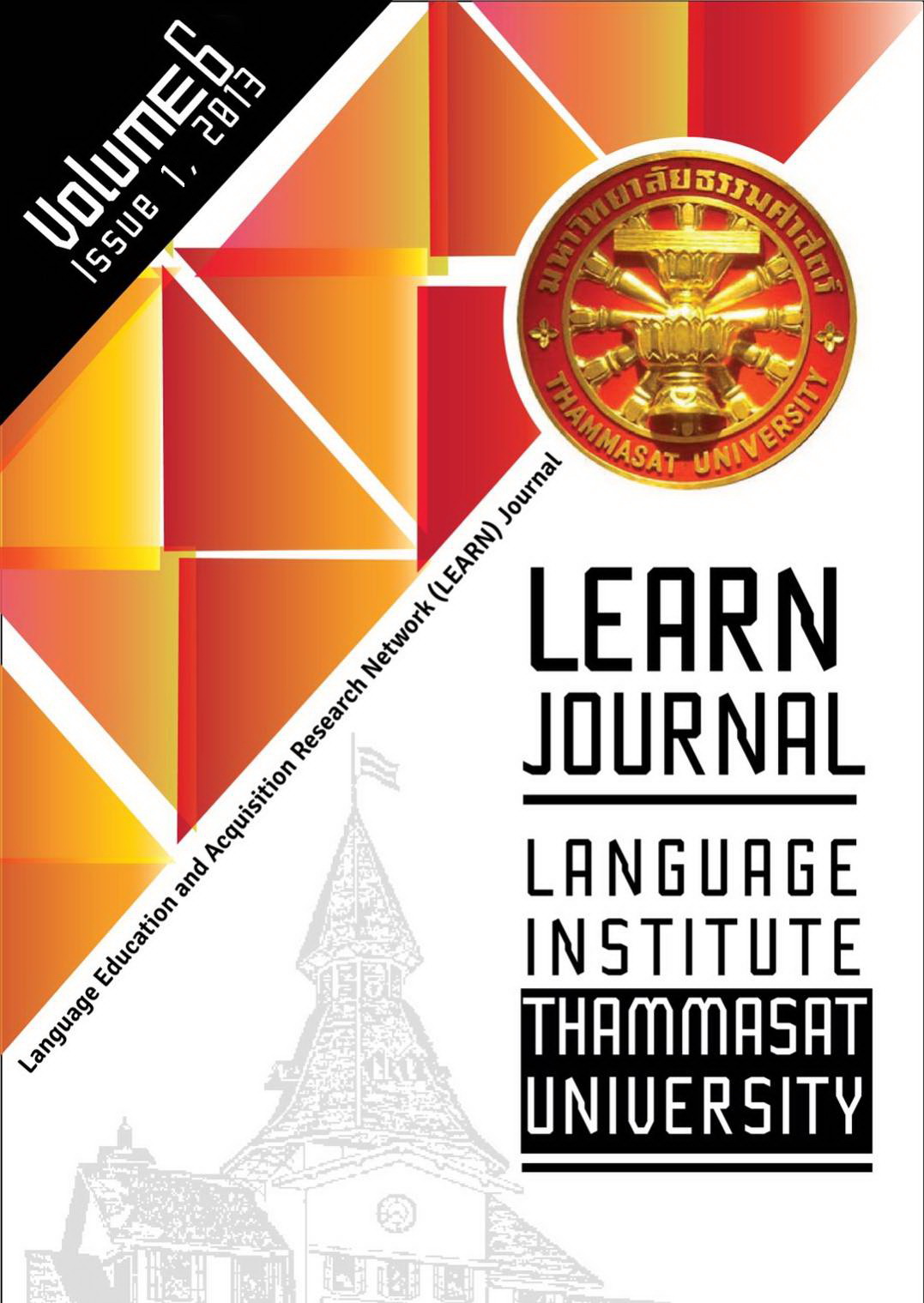Holistic versus analytical processing in word recognition in SLA context
Main Article Content
Abstract
According to the controversial word processing theories second language learners use one of the two main processing approaches, i.e., analytical and holistic processing. In this research we tried to investigate the processing mechanism the participants use in lexical decision tasks. We conducted a word, non-word experiment. Thirty-six Iranian learners of English with high proficiency records acted as the participants in this study. Two sets of words, i.e., actual word and permuted words were presented to the participants. Their reaction time was measured by MRTS software precisely developed for the study. There were significant differences between the reaction time of two sets of word and non-word. The results suggested that participants used analytical route in their lexical decision tasks. Participants recognized non-words faster than words. Such effects existed in all 4 subgroups of high and low words. The results suggest that for both word and non-word and high and low frequent words, analytical route was utilized and words’ shape was not a determining factor in lexical decision task. This could be interpreted as negating holistic/lexical processing.
Article Details
How to Cite
Ansarin, A. A. (2013). Holistic versus analytical processing in word recognition in SLA context. LEARN Journal: Language Education and Acquisition Research Network, 6(1), 14–25. retrieved from https://so04.tci-thaijo.org/index.php/LEARN/article/view/102719
Section
Research Articles


